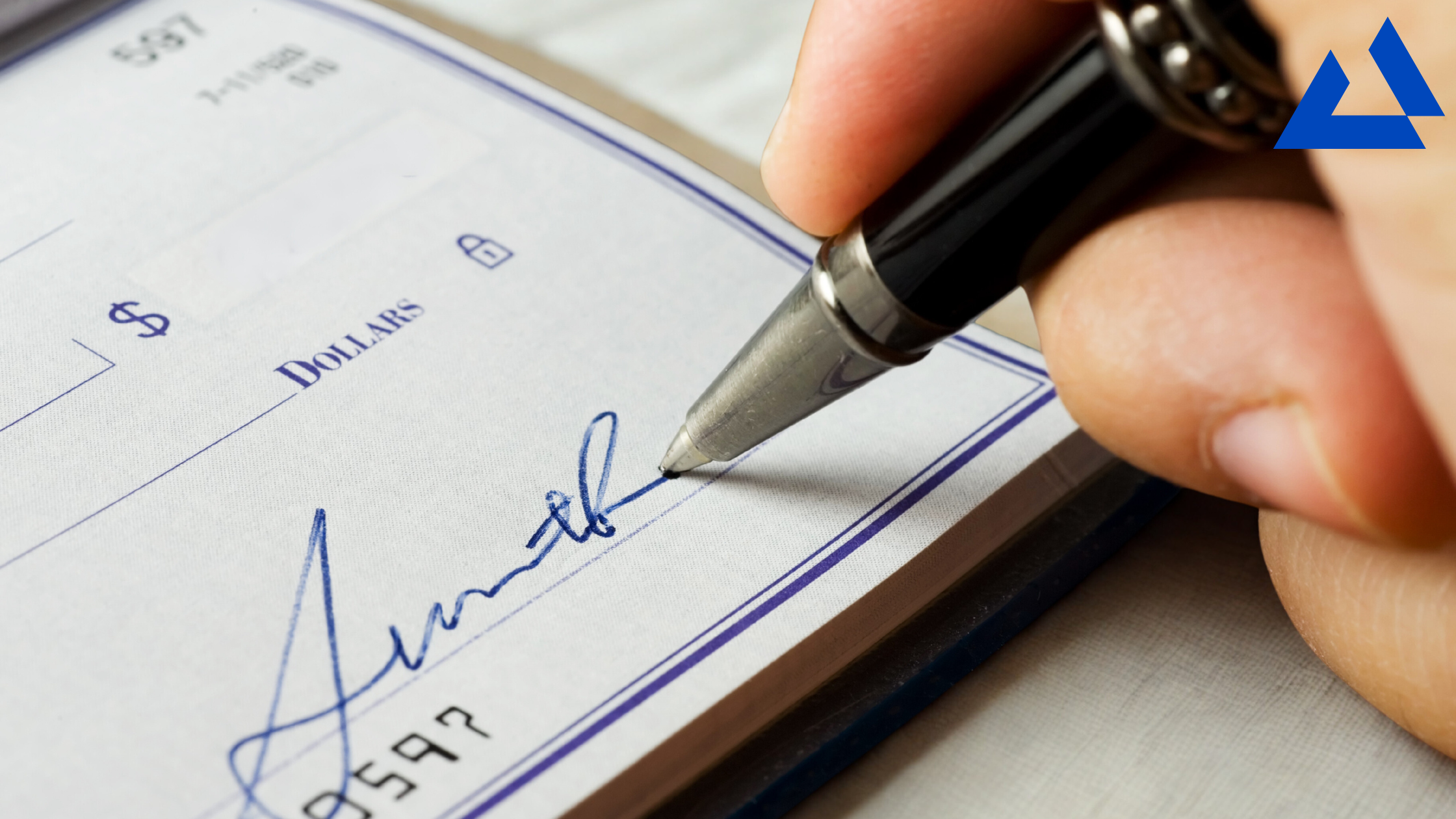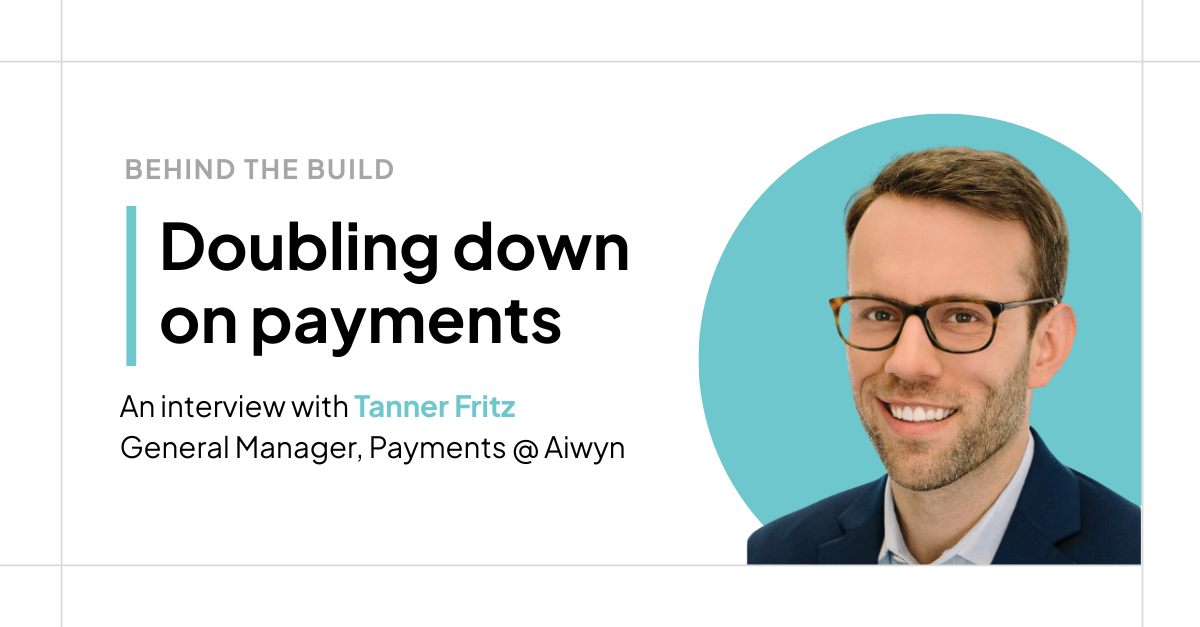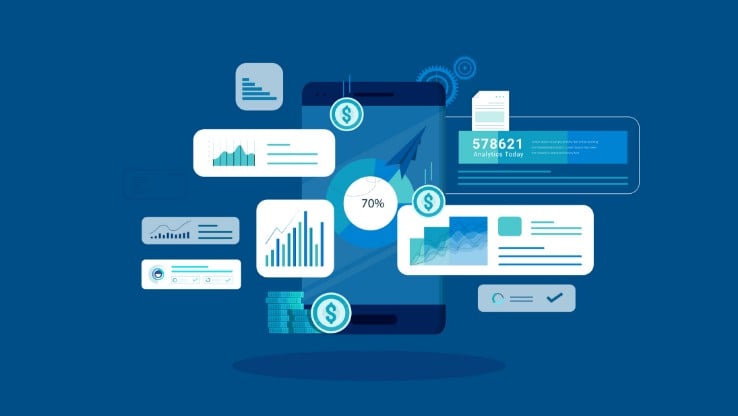On April 29, NBC New York reported that federal prosecutors had charged four individuals in connection with a nationwide check fraud scheme worth more than $50 million. According to the U.S. Attorney’s Office for the Southern District of New York, the suspects allegedly stole checks from the mail, altered payee names and dollar amounts, and used fake identities to deposit the funds. Some of the stolen checks were even sold on a messaging platform known as “White House Vibez.”
The operation stretched across multiple states and relied on a mix of stolen personal data, fake IDs, and surprisingly simple tactics. One suspect was found withdrawing funds from bank branches. Others were still at large at the time of the arrests. It’s a stark reminder of how exposed paper-based payment processes really are.
For accounting firms still accepting mailed checks, this wasn’t just a headline. It was a warning.
What’s really at stake when a check goes missing
Most firms think about payment fraud in terms of dollars lost. But the bigger risk is reputational. When a client’s payment is intercepted or delayed, the financial loss can often be recovered. Rebuilding trust, on the other hand, is a much longer road.
Your team may spend hours retracing steps, following up with the bank, or helping the client issue a new check. In the meantime, questions start to arise. Was this preventable? Should the client be concerned about future transactions? Is your firm still the safe, reliable partner they believed it to be?
None of this is hypothetical. The fraud described in the SDNY’s criminal complaint relied on real checks. Real mailboxes. Real identities. And it’s not just isolated to this one case. Payment fraud targeting paper checks continues to rise.
Paper checks create more exposure than protection
Despite the shift toward digital payments in nearly every other industry, professional services firms still rely heavily on checks. There are familiar reasons: client preferences, legacy workflows, and the perceived sense of control that comes with handling paper.
But checks are also:
-
Easy to steal or intercept
-
Easy to alter with simple tools
-
Nearly impossible to track in real time
They offer no audit trail, no encryption, and no built-in security measures. Once a check leaves your client’s hands, it’s difficult to guarantee where it goes or who ultimately cashes it.
If a bad actor is targeting your firm or your clients, checks are often the most vulnerable entry point.
A better path forward for firms and clients
The solution isn’t just to avoid risk. It’s to design a better, more secure payment experience from end to end.
With digital payment platforms like Aiwyn Payments, firms gain:
-
Visibility into every payment in real time
-
Automated reconciliation that eliminates manual entry
-
A client-friendly payment experience that actually encourages faster payment
-
Significantly reduced fraud exposure
Security doesn’t have to come at the expense of client experience. In fact, the two should work together. A smooth, digital-first payment experience shows your clients that you take both convenience and protection seriously.
Leadership looks like action
For managing partners, COOs, and firm administrators, this is not just an IT issue. It’s a leadership decision. Sticking with paper checks may feel like the safe choice, but the risks are now too clear to ignore.
It’s not about being reactive. It’s about protecting your clients, your team, and your firm’s reputation before something goes wrong. Speak to your clients in the future tense. When they see how easy and secure digital payments can be, they’ll wonder why it ever worked any other way.
Don’t wait for a wake-up call
If your firm still accepts checks, this is the moment to ask whether that process is helping or hurting your client relationships.
Stories like this $50 million fraud case aren’t rare anymore. They’re becoming the cautionary tales that drive change. The good news is that better solutions already exist, and firms that adopt them are putting themselves in a stronger position for the future.
Want to learn more about how Aiwyn can help? Let’s talk about what secure, modern payments could look like at your firm.



